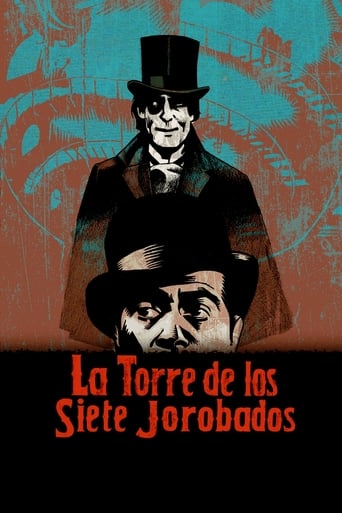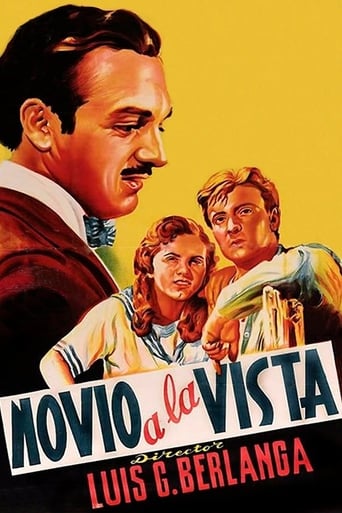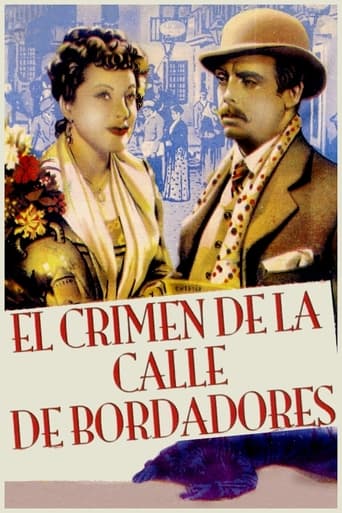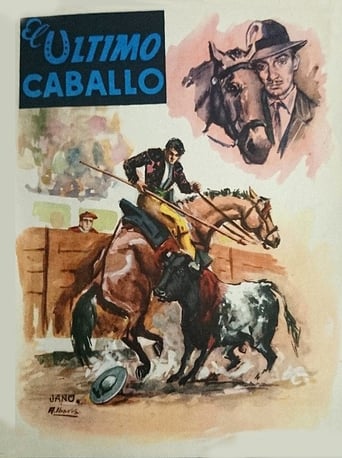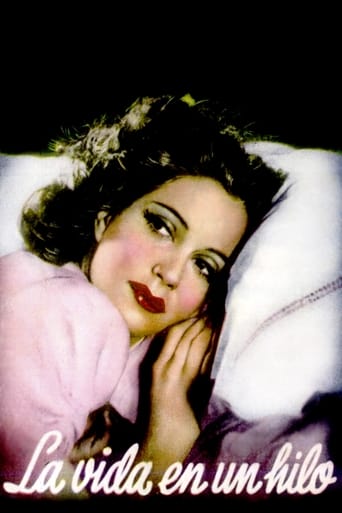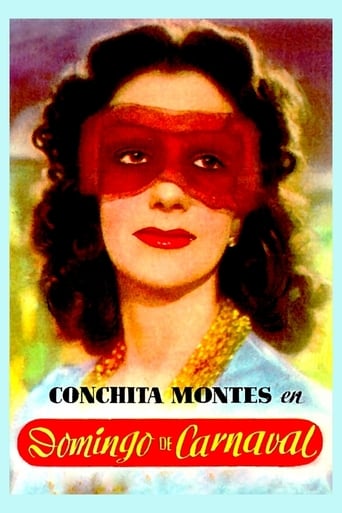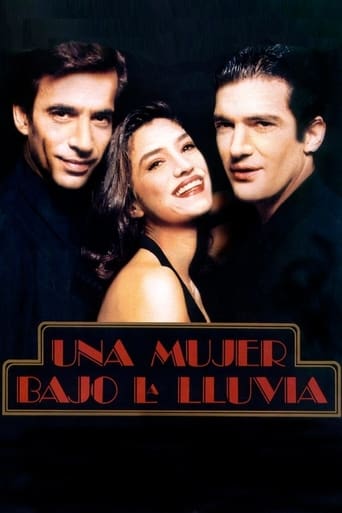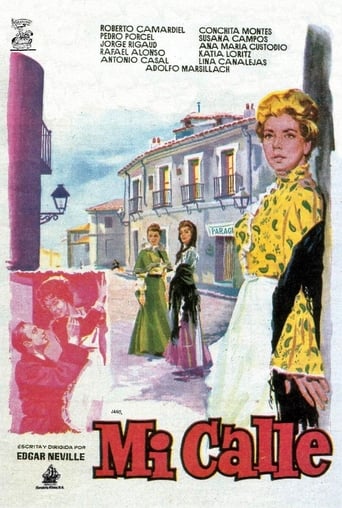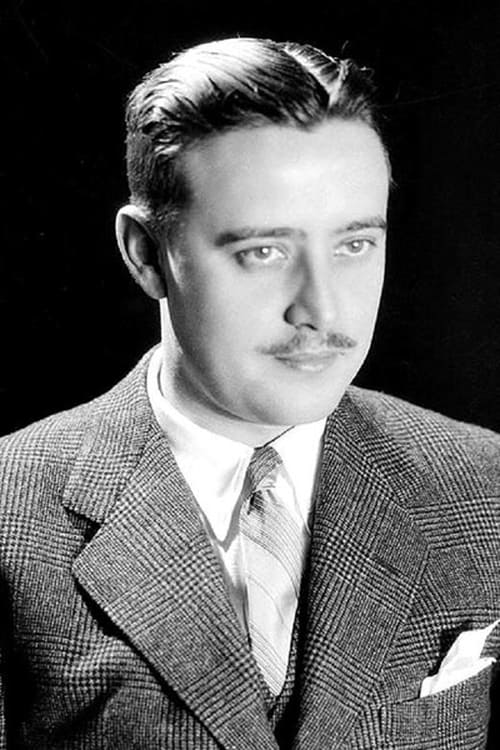
Edgar Neville
Personal Info
Known For Director
Gender Male
Birthday 1899-12-28
Deathday 1967-04-23 (67 years old)
Place of Birth Madrid, Spain
Also Known As Edgar Neville Romrée
Edgar Neville
Biography
Edgar Neville Romrée, Count of Berlanga de Duero (1899-1967) was a Spanish diplomat, playwright, and film director. He is considered one of the best directors of post-war Spain. Neville's life could be regarded as eventful. After a short participation in the Rif War as a hussar, Neville entered the artistic world, making friends with figures such as José López Rubio, Luis Buñuel, Federico García Lorca, Manuel de Falla, and Salvador Dalí. At the same time, in 1922 he became a diplomat, thanks to which he travelled the world until he settled in Los Angeles. There he met Charles Chaplin, who introduced him to the industry as a writer. In the 1930s, he returned to Spain and became romantically involved with Conchita Montes, with whom he would make most of his films. However, the Civil War broke out and Neville served the Republic as a diplomat in London while also working as a spy for the rebel side. Once discovered, he fled until he ended up in the rebel zone, where he carried out propaganda services. Once the war was over, and after a period in Italy, he settled in Marbella, recording excellent films and plays in all genres, the most outstanding examples being Life on a Thread (1945), The Tower of the Seven Hunchbacks (1944), The Crime of Bordadores' Street (1946), the acclaimed documentary Flamenco (1952), and the successful play The Dance (1952), then made into a film. Neville's talent has often gone unrecognised both because of his alleged political views and the fact that much of his oeuvre has been considered lost for decades. However, thanks to the efforts of Filmoteca Española, it has been possible to recover many of his films and discover the originality behind this interesting figure.
Known For
Director
as Director
as Director
as Director
as Director
as Director
as Director
as Director
as Director
as Director
as Director
as Director
as Director
as Director
as Director
as Director
as Director
as Director
as Director
as Director
as Director
as Director
as Director
as Director
as Director
as Director
as Director
as Director
as Assistant Director
as Director
as Director
as Stage Director
as Stage Director
Writer
as Writer
as Theatre Play
as Novel
as Writer
as Writer
as Writer
as Writer
as Screenplay
as Story
as Writer
as Writer
as Writer
as Writer
as Dialogue
as Screenplay
as Writer
as Writer
as Screenplay
as Writer
as Writer
as Screenplay
as Screenplay
as Screenstory
as Writer
as Writer
as Writer
as Screenplay
as Screenstory
as Writer
as Writer
as Writer
as Writer
as Writer
as Writer
as Writer
as Writer
as Screenplay
as Dialogue
as Writer
as Writer
as Dialogue
as Dialogue
Producer
as Producer
as Producer
as Producer
as Producer
as Producer
as Producer
as Producer
as Producer
Actor
as Un huésped
as Narrador
Crew
as Supervising Technical Director
